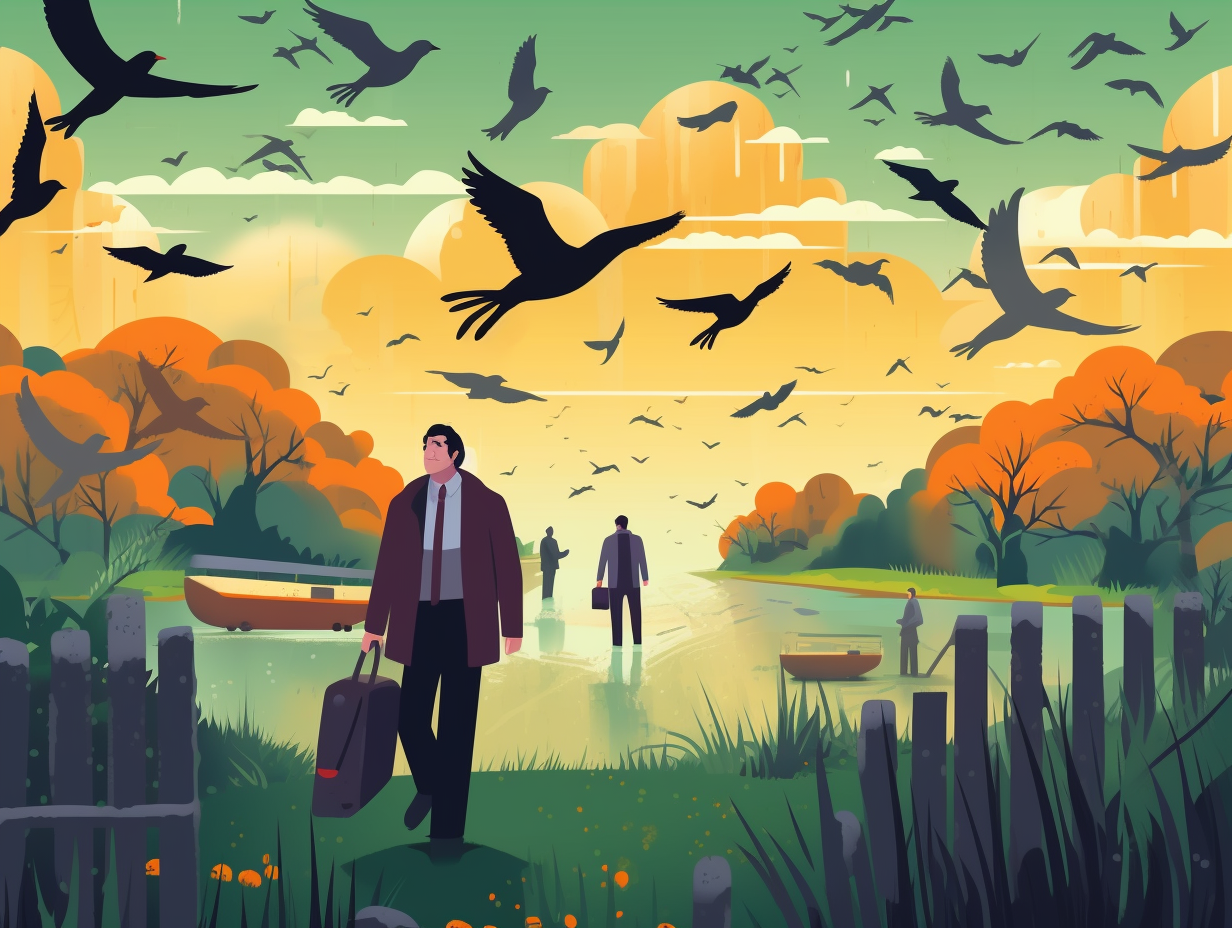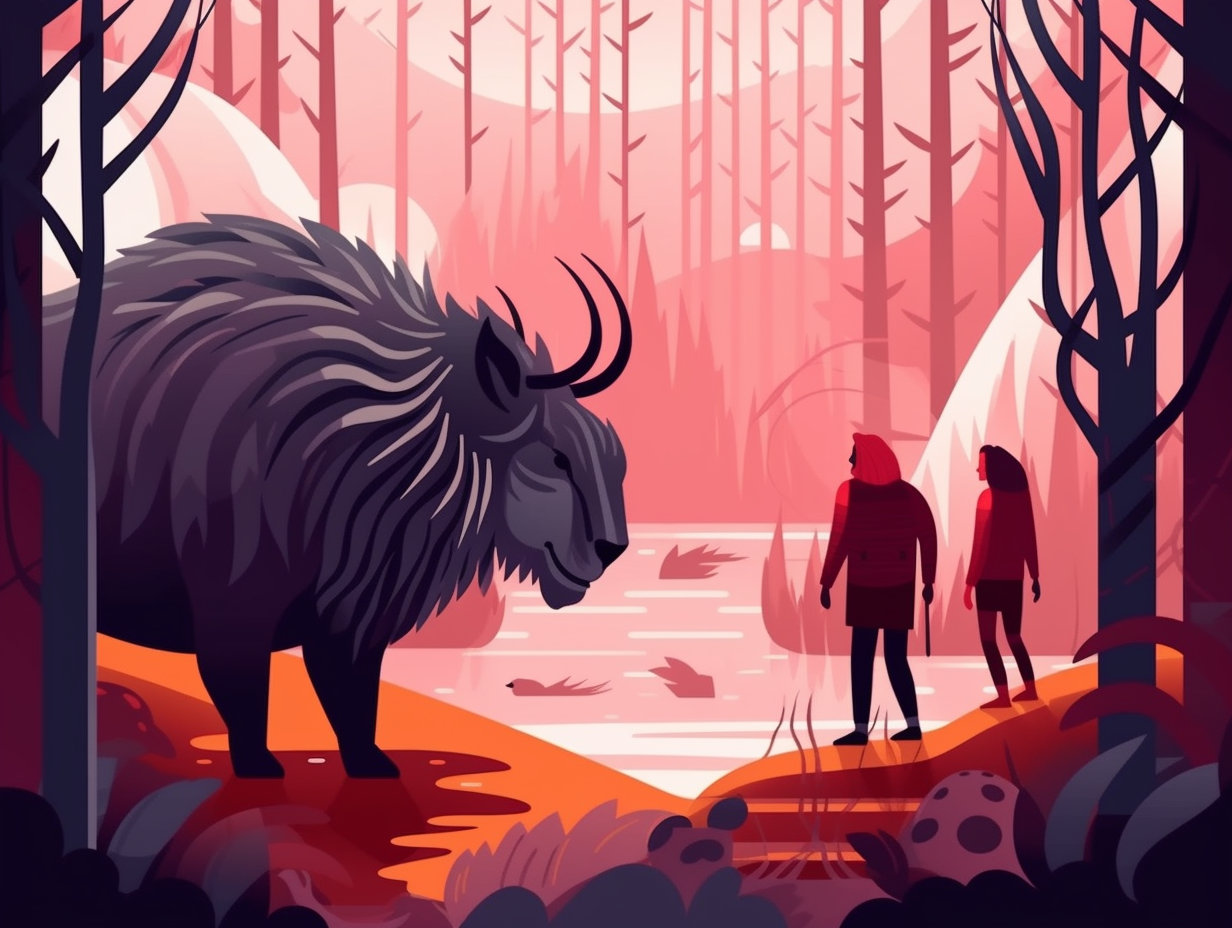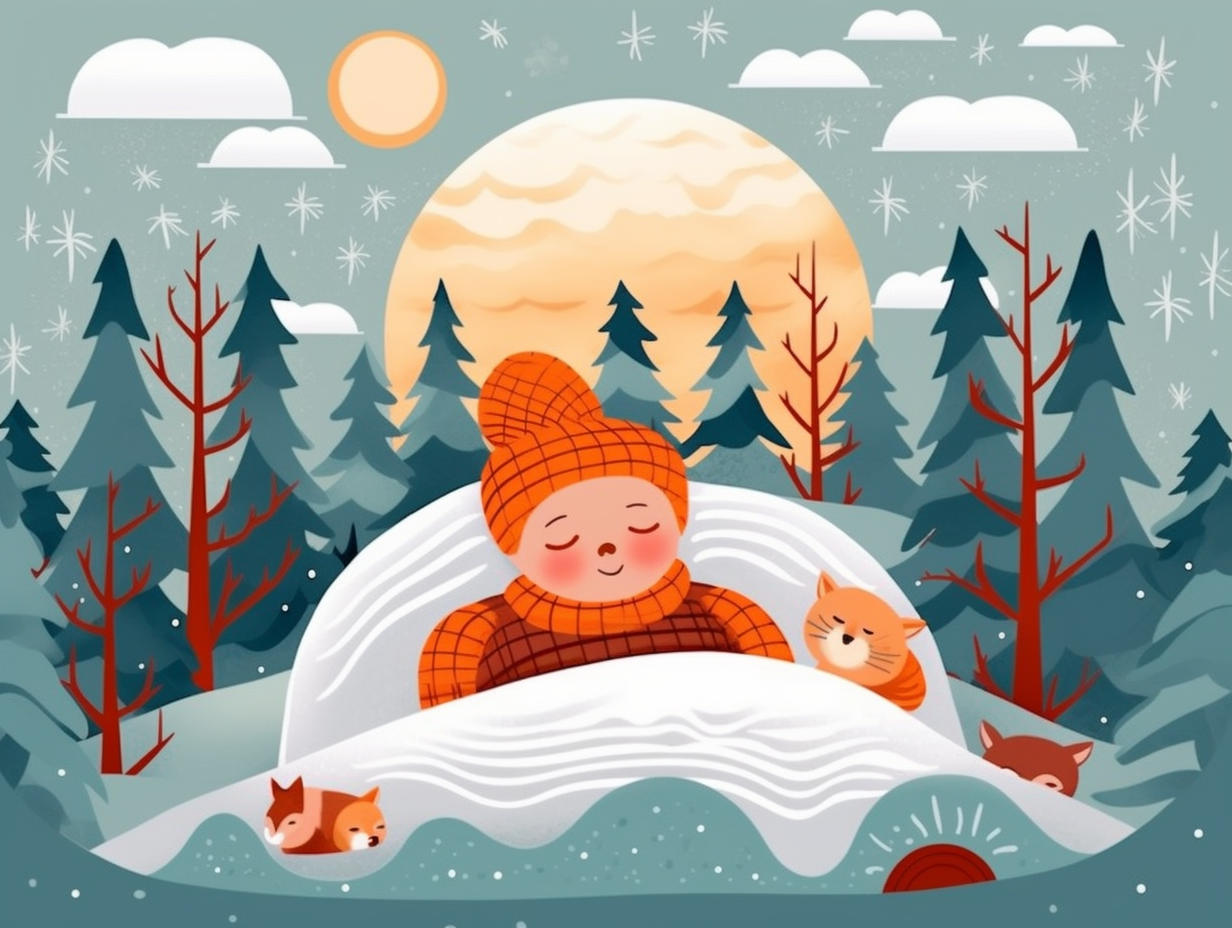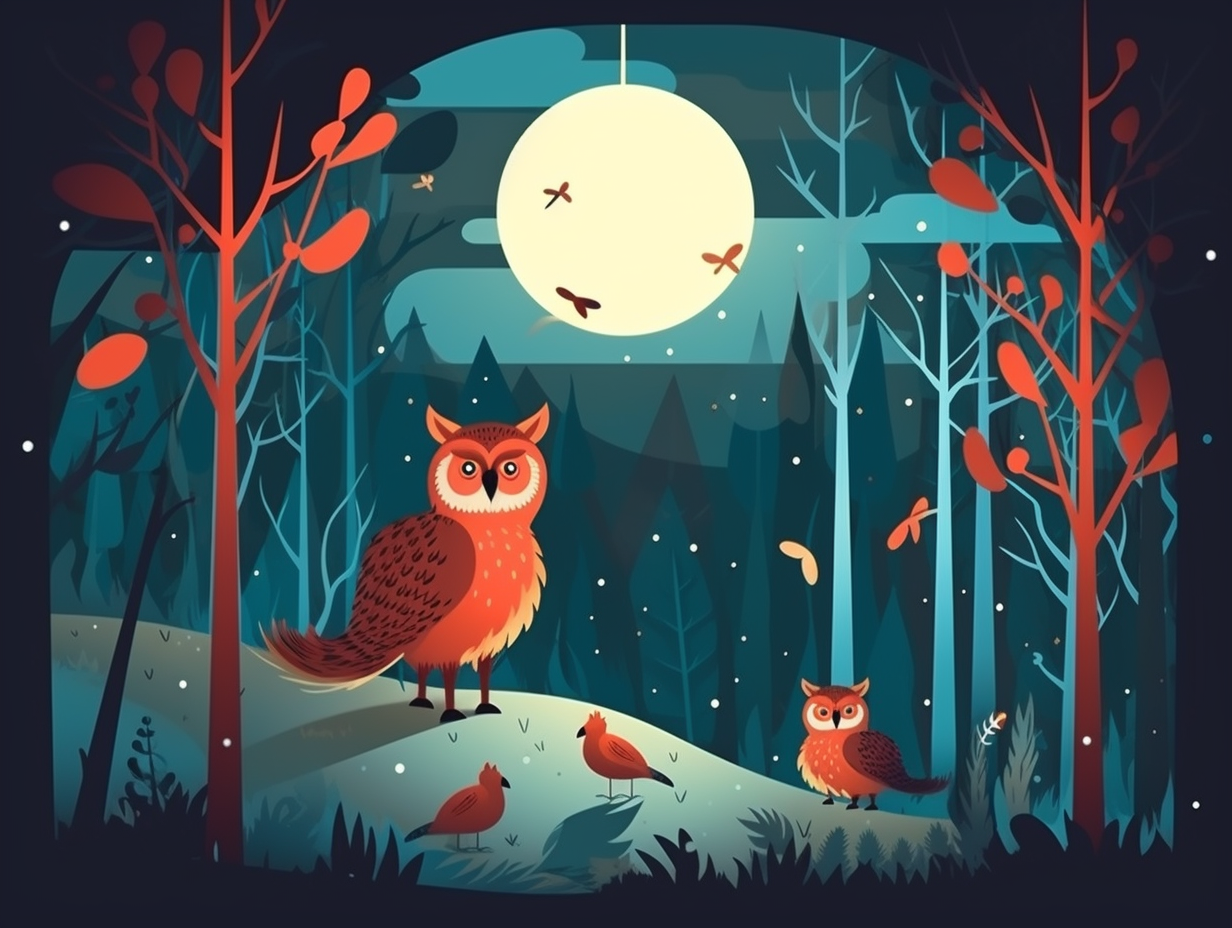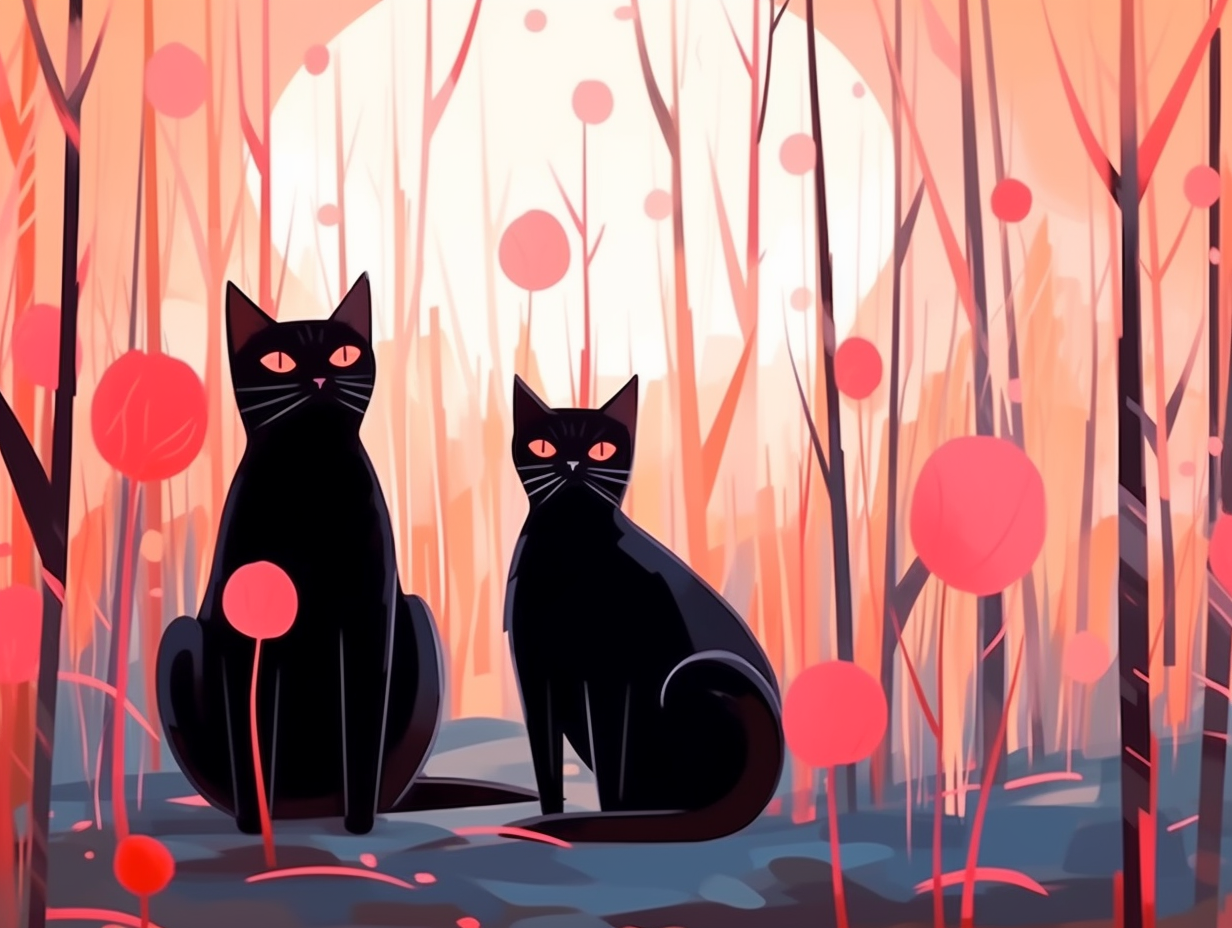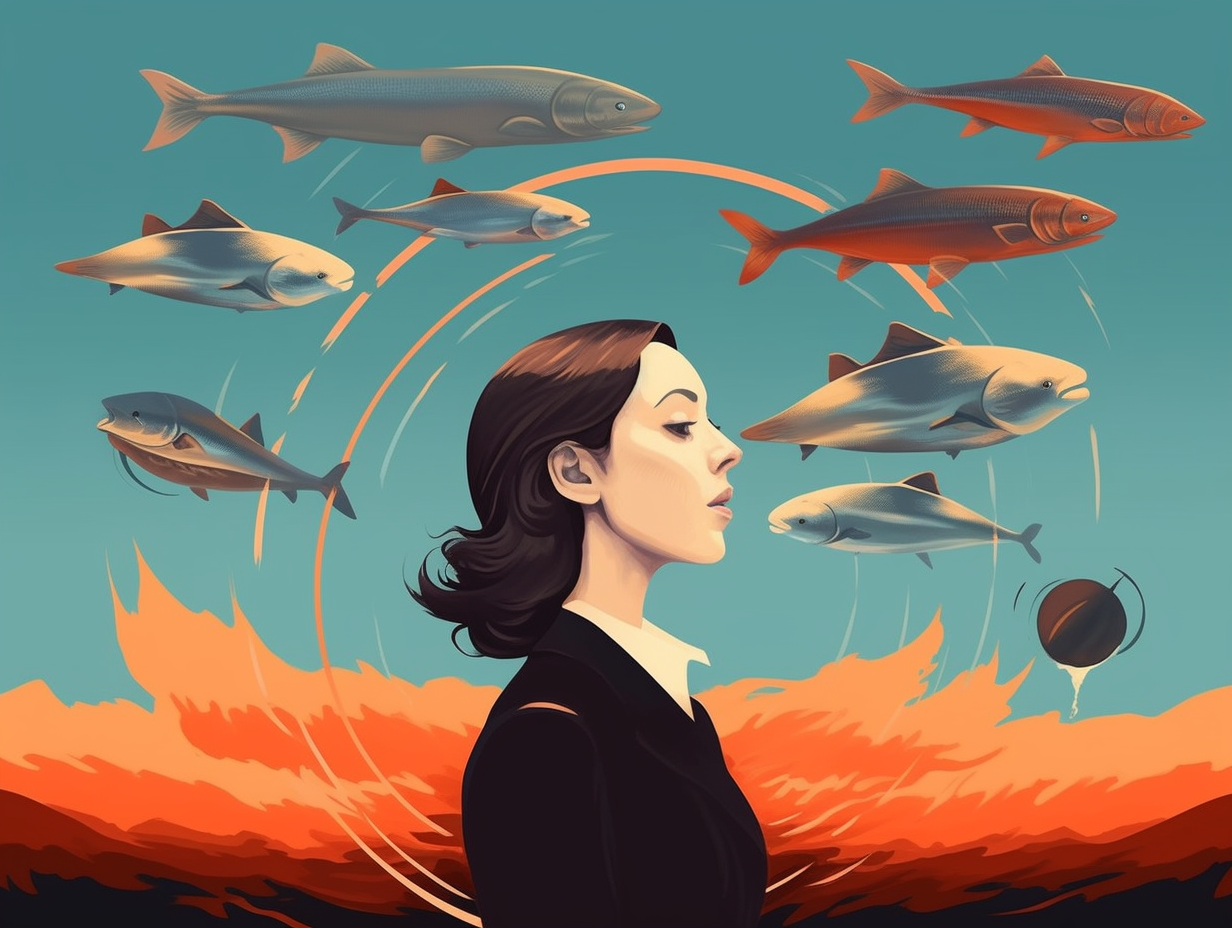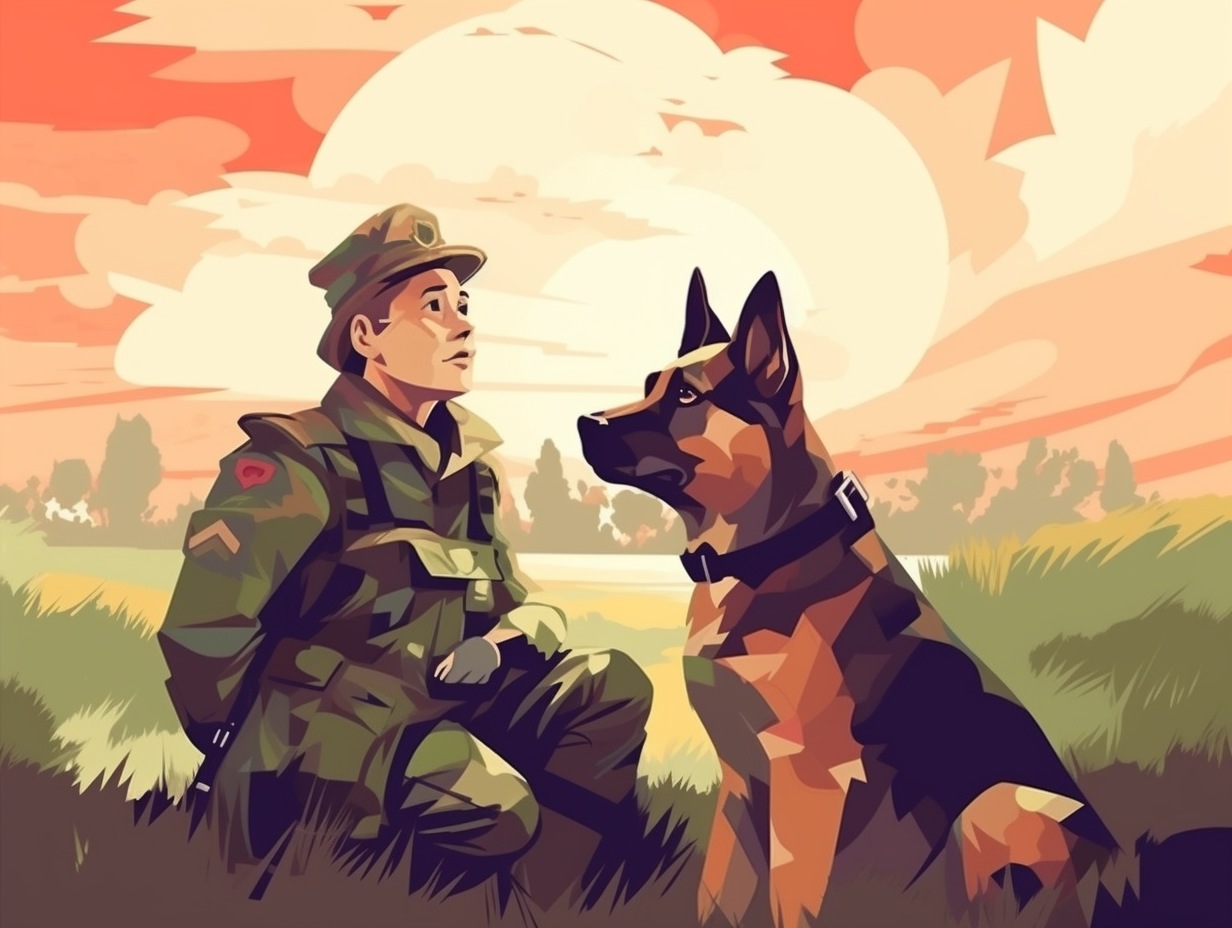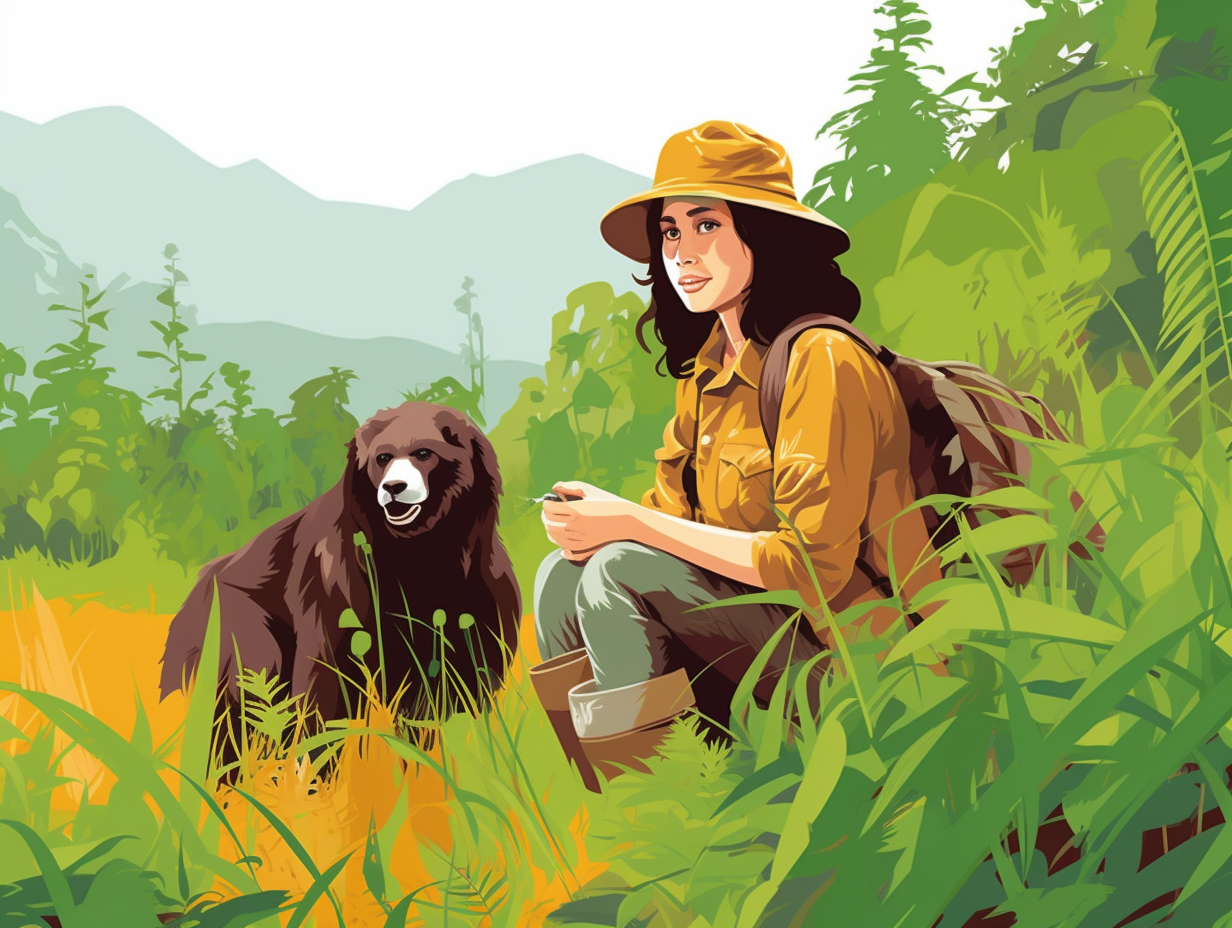Discover the Wild Side: Top 10 Amazing Fun Facts About Wildlife Biologists You Never Knew!
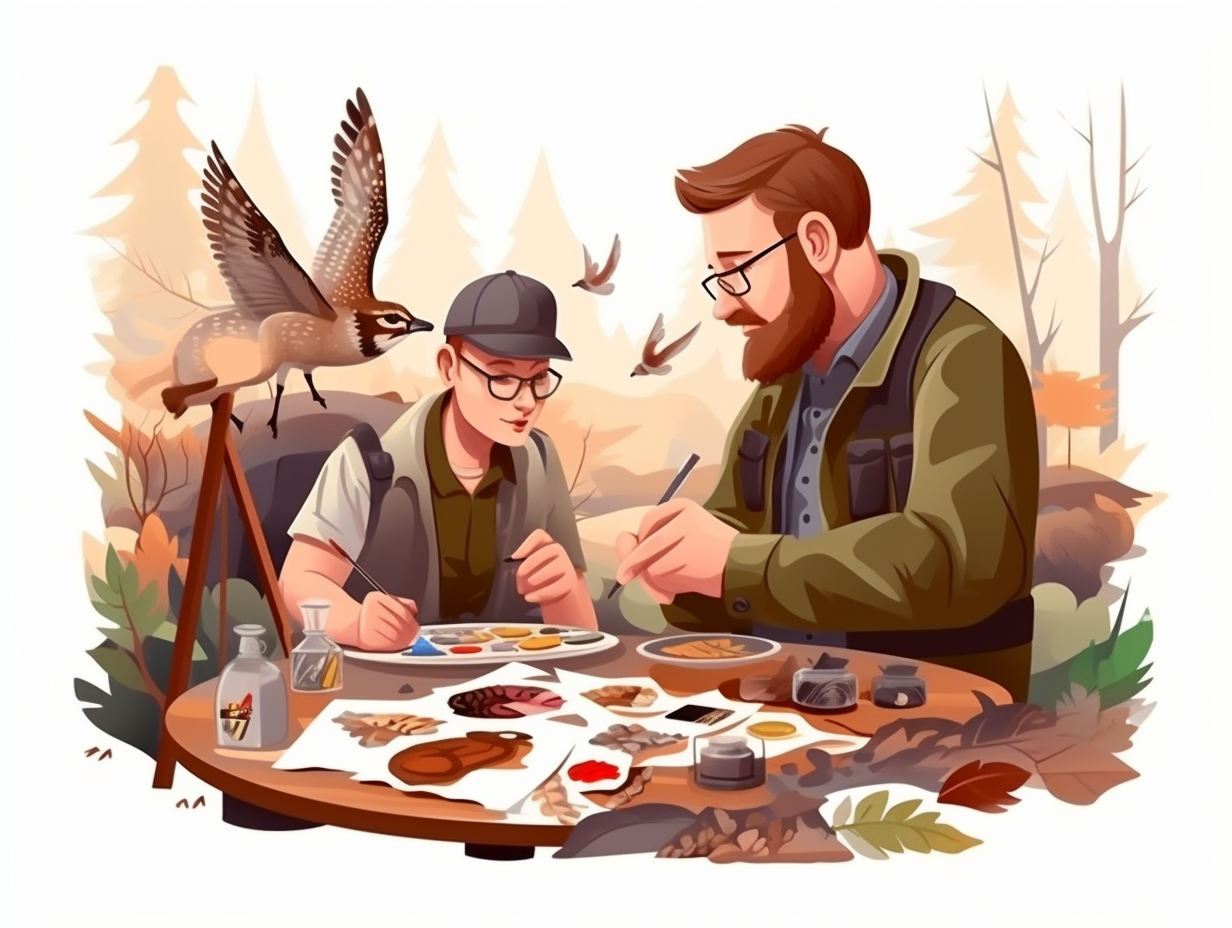
1. Undercover Agents of Animal World
Despite their inability to engage in "pillow talk" with the animals they study, wildlife biologists behave like skilled undercover agents, listening in on their subjects' every move: These biologists employ radio telemetry to track animals' movements and locations, using transmitters attached to the creatures in question, which send signals to a receiver, allowing researchers to study them without so much as a beep from even the chattiest of species.
Source => nationalzoo.si.edu
2. Sherlock Holmes of Wildlife
Move over, Sherlock Holmes; wildlife biologists have mastered monitoring mischief from the animal kingdom: Employing computer vision techniques, these sleuths of science analyze video surveillance to accurately detect and track animal body posture and activity levels, leading to valuable insights into their health and welfare—all while remaining non-invasive and cost-efficient!
Source => mdpi.com
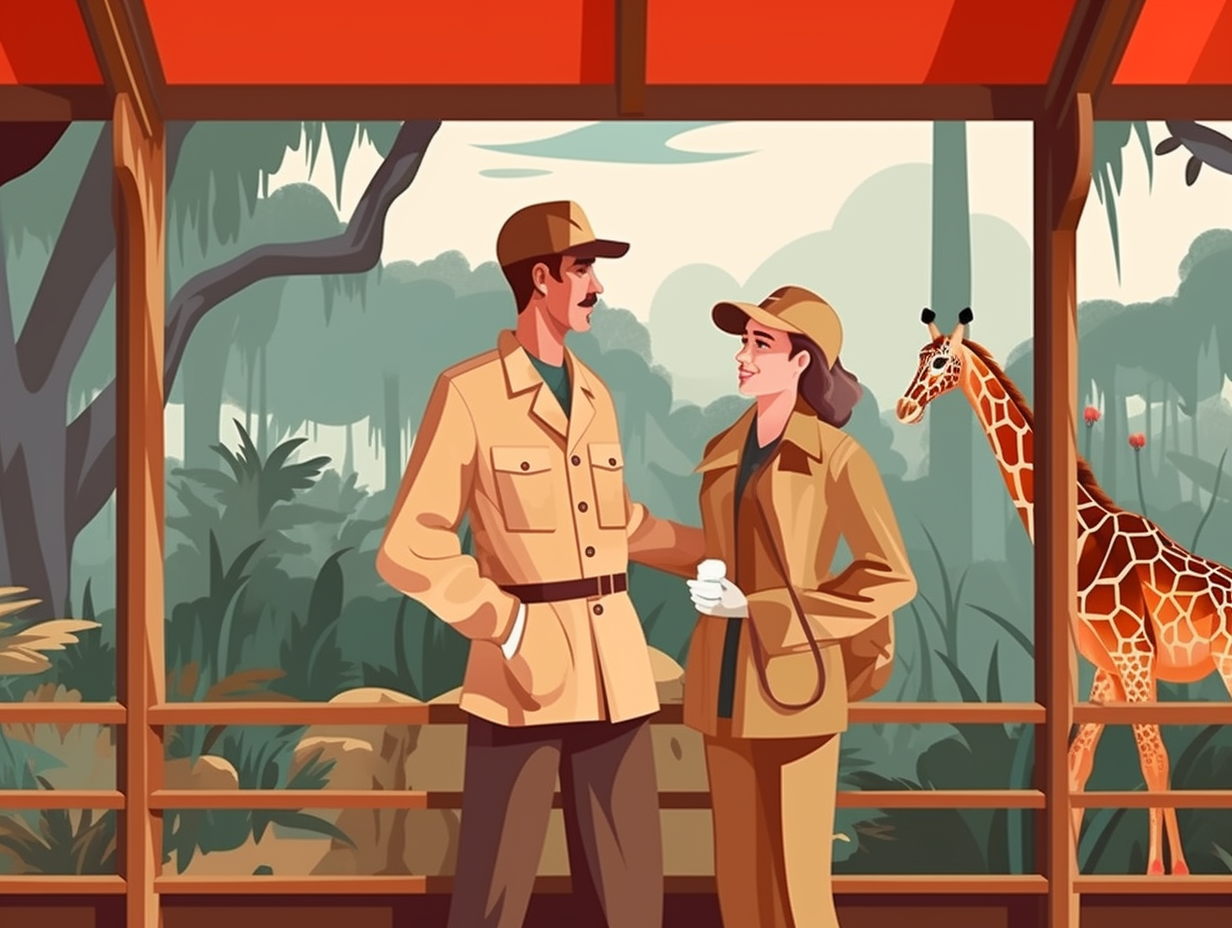
Did you know zookeepers communicate with primates using body language, facial expressions, and even tokens? Discover how they unlock the ape escape! 🐵 🗝️
=> Fun Facts about Zookeepers
3. Poop Sleuths
Poop sleuths unite: Wildlife biologists are cracking the code of animal droppings by using DNA analysis to understand the connections between their diets, environments, and microbiomes, leading to potential advancements in managing animal and human health.
Source => princeton.edu
4. CDFW Superheroes
Who says biologists don't need hakuna "pathology-a," or a diverse "ecol-ogical" family, or even be genetic superheroes when dealing with furry, feathery, or scaly critters? CDFW to the rescue: The Wildlife Investigations Laboratory boasts three wildlife veterinarians and specialists from assorted fields like disease biology, providing future professionals a rare chance to learn and collaborate with the best in the biz.
Source => wildlife.ca.gov
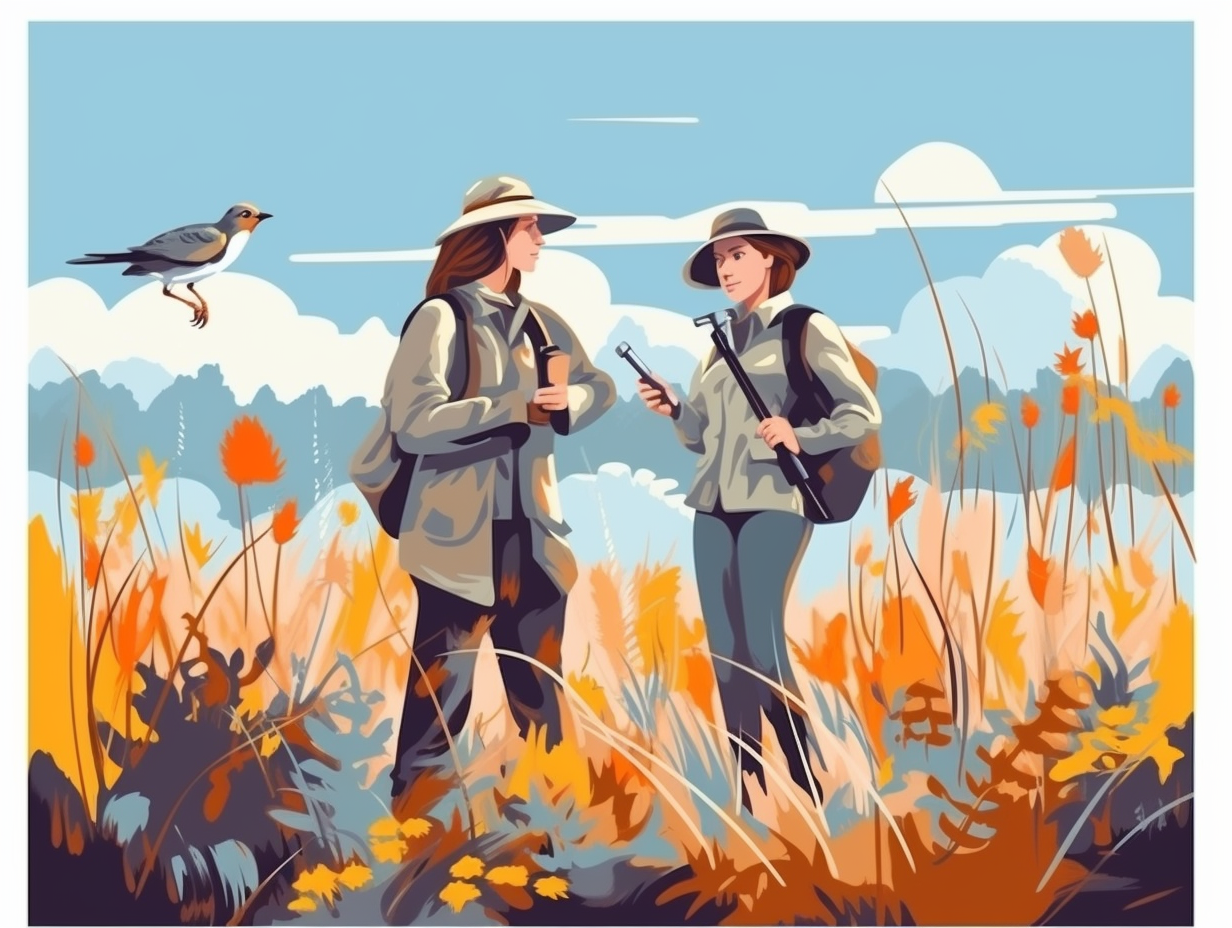
5. Party Animals of Conservation
Wildlife Biologists: the *real* party animals who know how to keep things "reigning" in the animal kingdom and still have time to go "bear"foot in the woods: Wildlife biologists dedicate their careers to studying animals and their ecosystems, analyzing data, and devising strategies for conserving and preserving wildlife populations, helping us understand the impact human activities have on nature and seek solutions to reduce these effects.
Source => bls.gov
6. Battle of Biosonar
In the battle of bats, moths, whales, and shrimp, it's all about who can "hear" you coming: Wildlife biologists have discovered that while bats have evolved ultrasonic calls and moths have adapted to detecting them to avoid becoming dinner, toothed whales up the ante with super intense ultrasonic clicks to improve their biosonar range, all thanks to the different properties of air and water!
Source => ncbi.nlm.nih.gov
7. Muskoxen Climate Struggles
Overheard at the muskoxen water cooler: "Climate change really stunting my growth, dude." Indeed, wildlife biologist Joel Berger's studies reveal that the Arctic's largest land mammal is facing skeletal growth issues in juveniles due to a warming climate, with increased stress on mothers and their young, as documented in his acclaimed book, Extreme Conservation.
Source => phys.org
8. Wildlife Biologist Superheroes
Behold, the real-life superhero for furry, scaled, and winged creatures alike: the Wildlife Biologist! Battling habitat destruction, zipping through research papers, and rescuing misunderstood animals from the perils of human encroachment, all while rocking a stylish field hat: These champions of conservation work closely with state fish and wildlife agencies to secure federal funding (such as the Federal Aid in Wildlife Restoration and Federal Aid in Sport Fish Restoration, raising nearly $6 billion in the past 60 years), which is used for vital projects like habitat improvement, research, education, and hunting safety programs – all thanks to the lobbying of hunters and anglers for excise taxes on firearms, ammunition, and other equipment.
Source => animallaw.info
9. Jurassic Park Misconceptions
While one might think wildlife biologists and paleontologists gather round in Jurassic Park-like settings to study velociraptors over tea and crumpets, there's quite a bone to pick between these two professions: paleontologists actually dedicate their lives to studying the fossilized remains of plants and animals, delving into the depths of geology, chemistry, and biology to trace the evolution timeline of Earth's flora and fauna.
Source => environmentalscience.org
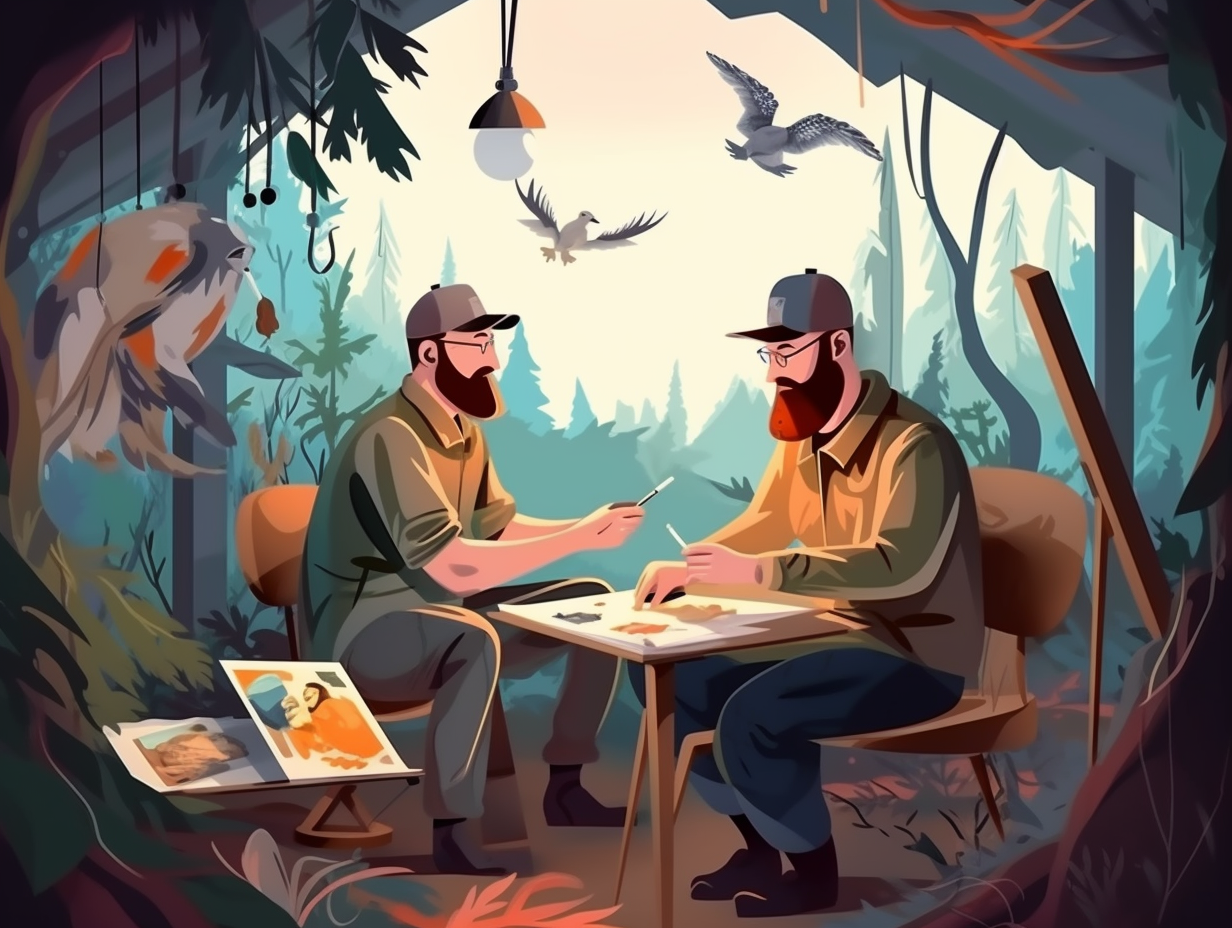
10. The Great Animal Road Trip
As a wise butterfly once said, "I've got places to be!"—because turns out, humans aren't the only ones who need to map out their journeys. The real heroes of the travel scene: Wildlife biologists! These protective pathfinders work diligently with various organizations to set up conservation measures like tinkering with fences, rehabilitating habitats, and enhancing road crossings so big game animals, migratory birds, anadromous fish, and even the seemingly always-in-a-hurry monarch butterflies can safely and freely embark on their epic road trips.
Source => nfwf.org
Related Fun Facts

